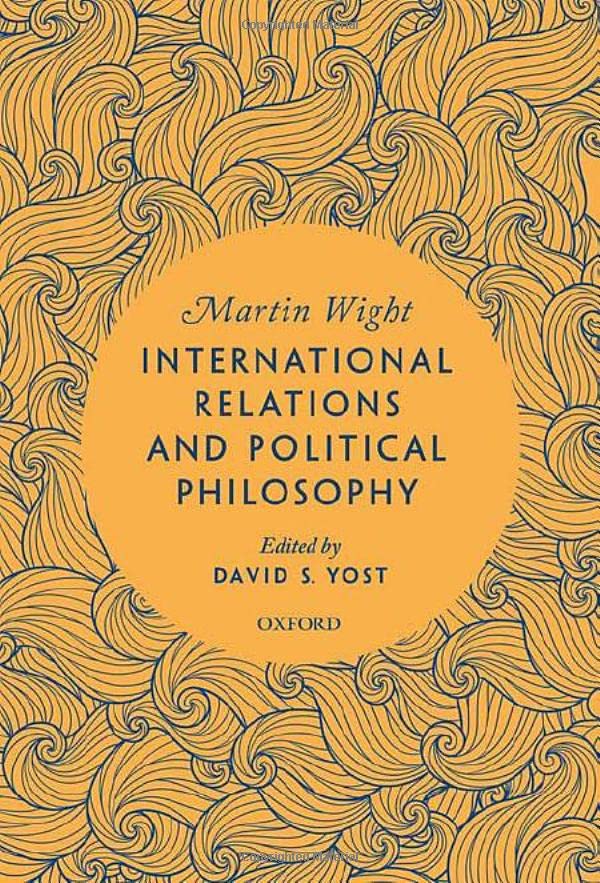

Most ebook files are in PDF format, so you can easily read them using various software such as Foxit Reader or directly on the Google Chrome browser.
Some ebook files are released by publishers in other formats such as .awz, .mobi, .epub, .fb2, etc. You may need to install specific software to read these formats on mobile/PC, such as Calibre.
Please read the tutorial at this link: https://ebookbell.com/faq
We offer FREE conversion to the popular formats you request; however, this may take some time. Therefore, right after payment, please email us, and we will try to provide the service as quickly as possible.
For some exceptional file formats or broken links (if any), please refrain from opening any disputes. Instead, email us first, and we will try to assist within a maximum of 6 hours.
EbookBell Team

4.4
32 reviewsHe conducted research on many topics, including British colonial history, European studies, international institutions, and the history and sociology of states-systems. He is nonetheless best known for his teaching about the political philosophy of international relations at the London School of Economics (1949-1961) and the University of Sussex (1961-1972). He is widely regarded as an intellectual ancestor and path-breaker of the 'English School' of international relations, even though this
term only gained currency nine years after his death. While there is no generally accepted definition of the 'English School', it is usually construed as signifying an approach to the study of international relations more rooted in historical and humanistic learning than in the social sciences. Wight's achievements are consistent with this broad definition.
This volume includes works in four categories: (a) traditions of thinking about international relations since the sixteenth century; (b) the causes and functions of war; (c) international and regime legitimacy; and (d) fortune and irony in international politics. In addition to classic essays such as 'Why Is There No International Theory?' and 'Western Values in International Relations' that complement his posthumous 1991 book International Theory: The Three Traditions, this volume includes
previously unpublished works on international legitimacy and the causes of war. Wight's analysis of legitimacy examines the evolution of thinking from dynastic to popular approaches, while his work on the causes of war builds on Thucydides and Hobbes.